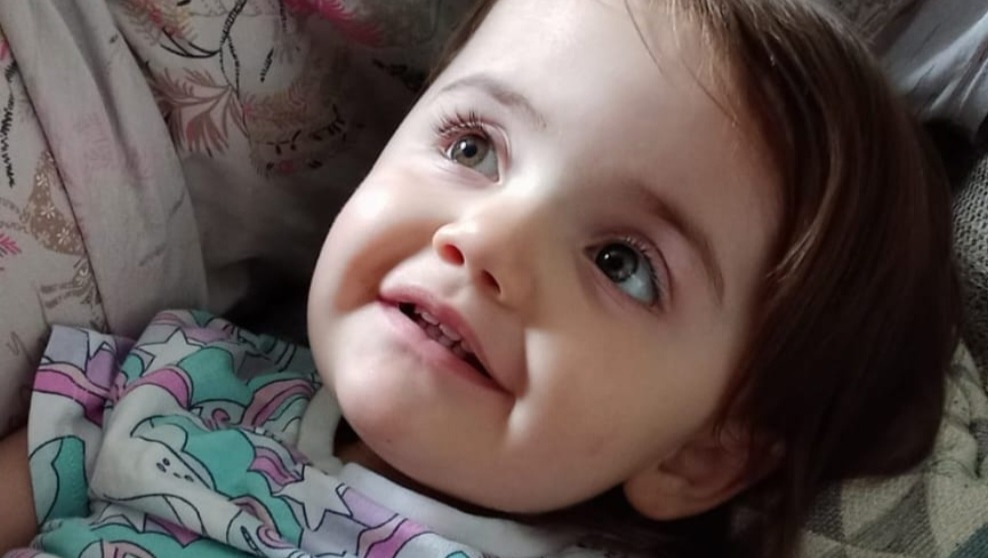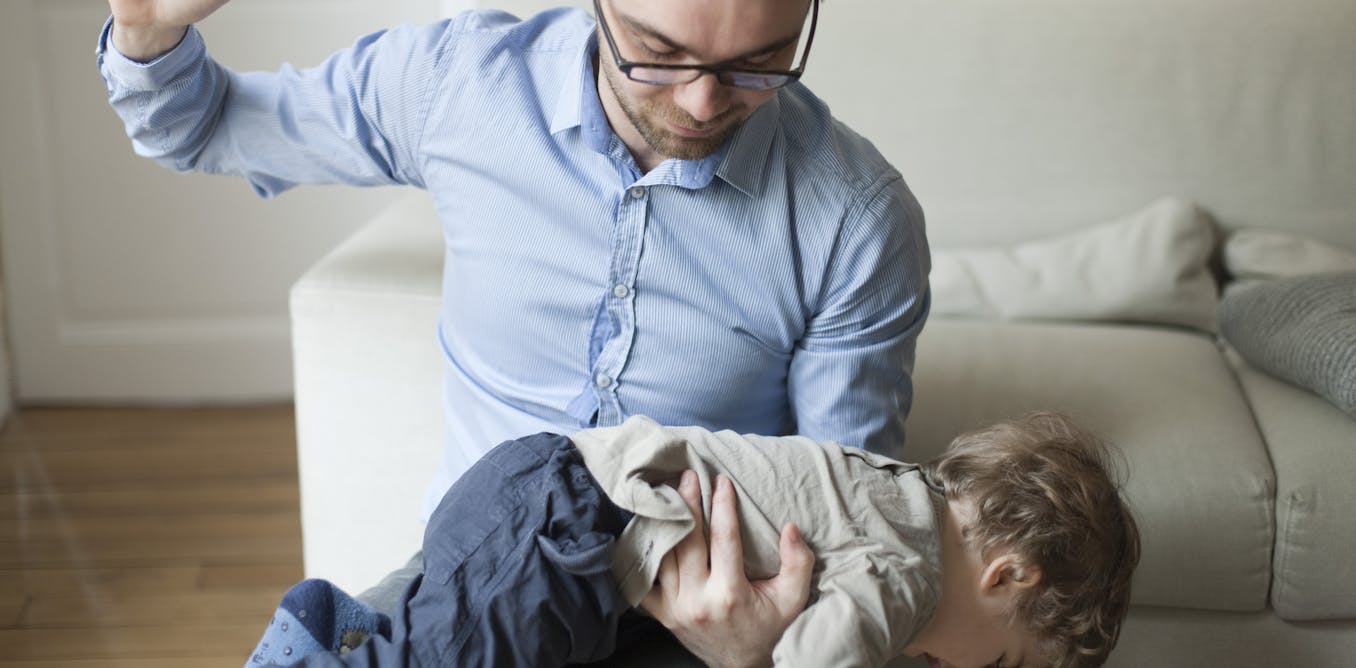A ONE-year-old girl tragically lost her life due to gross neglect after doctors missed chances to save her while in hospital, a coroner has ruled.
Eleanor Aldred-Owen was diagnosed with a rare condition known as bicoronal craniosynostosis when she was just 12 weeks old.
It meant that her sutures – the fibrous tissue joints connecting the bones of the skull – had fused prematurely, preventing normal growth and requiring surgery to alleviate the risk of pressure on her brain.
She was referred to Alder Hey Children’s Hospital in Merseyside and placed under the care of staff there for 18 months.
The decision was made to opt for surgery to relieve pressure on the brain, but the tot tragically died aged 21 months old in October last year following the operation.
An inquest into Eleanor’s death has now heard she suffered complications that the hospital “missed opportunities” to treat.
Assistant Coroner Helen Rimmer revealed during the inquest how a tube was dislodged during Eleanor’s surgery, leading to an abnormally fast heart rate.
Despite concerns raised by her parents, Eleanor was moved to recovery post-surgery.
Her parents, Rachel and Chaz Aldred-Owen, noticed their daughter’s abnormal breathing following the operation and even recorded a video to show the staff, reports the Mirror.
The court heard that Eleanor made “grunting” noises, which could indicate an airway issue or a severe illness.
This was seen as a missed opportunity for doctors to conduct a full medical review.
While recovering, Eleanor’s heart rate remained high, between 172 to 199bpm, and her lips were pale.
A blood gas test was performed but not reviewed, another “missed opportunity” by the medical team.
Despite these signs, the one-year-old seemed stable apart from her high heart rate.
Tragically, later that day, Eleanor collapsed and became unresponsive due to her heart rate being “higher than what was acceptable”.
Coroner Helen Rimmer told the court: “Eleanor had no associated problems and was otherwise well. She went to theatre on September 29 which was uneventful except her tube dislodged and was reincubated.
“Eleanor spent time in recovery when she went into tachycardia. She was returned to the ward and her persistent tachycardia was not identified. This being a basic part of medical attention, Eleanor required, and as a result, a timely review [of her condition] was not triggered. [In recovery] Eleanor was heard grunting and Airvo [an oxygen machine] was requested.
“Over a period of several hours Eleanor deteriorated. No basic observations were recorded, this is a fundamental basic care which would have led to a review of her condition. A chest X-ray was performed and found to be grossly abnormal but was not escalated with ward staff. This is basic critical care that should have been undertaken.
“Sadly, at 10.35pm Eleanor collapsed and suffered cardiac arrest. An MRI scan was performed and on October 1 she became aggressively less stable.
“Eleanor passed away peacefully in the arms of her parents on October 2. There were missed opportunities throughout her care which have as a whole amounted to gross neglect.”
A spokesperson for Alder Hey Kids’ Hospital acknowledged: “After the inquest’s conclusion over the tragic death of Eleanor Aldred-Owen finished today, we accept the Coroner’s verdict entirely.
“We offer our heartfelt sympathies to Eleanor’s parents and family, and sincerely apologise for the errors that were made in her care. We accept full responsibility for those errors.
“They should not have happened and we are deeply sorry that they did. We hope that the subsequent investigation by the trust has helped to provide Eleanor’s family with the answers that they need.”
The statement continued: “As a trust, we are committed to ensuring that nothing like this happens again. It is really important that we reflect on our failings in Eleanor’s care and that we make appropriate improvements to our systems and processes.
“The thorough internal investigation that has been carried out has identified a number of remedial actions which have now been implemented.
“This included a specific review of the protocols and plans we have in place which has led to changes being made in areas such as theatre recovery discharge and escalation, prescribing/administering oxygen and our on-call response process.
“We have also scrutinised our Paediatric Early Warning System (PEWS) and admission criteria for high dependency care and have applied changes that we decided were necessary to make improvements to both. Alongside this, we have provided enhanced training to our teams including blood gas sampling and analysis.
“We know that no words from us will ease the pain being felt by Eleanor’s parents and family. We are heartbroken that we failed them – and failed Eleanor. For that we will be eternally sorry. Our thoughts remain with them during this time.”
1




